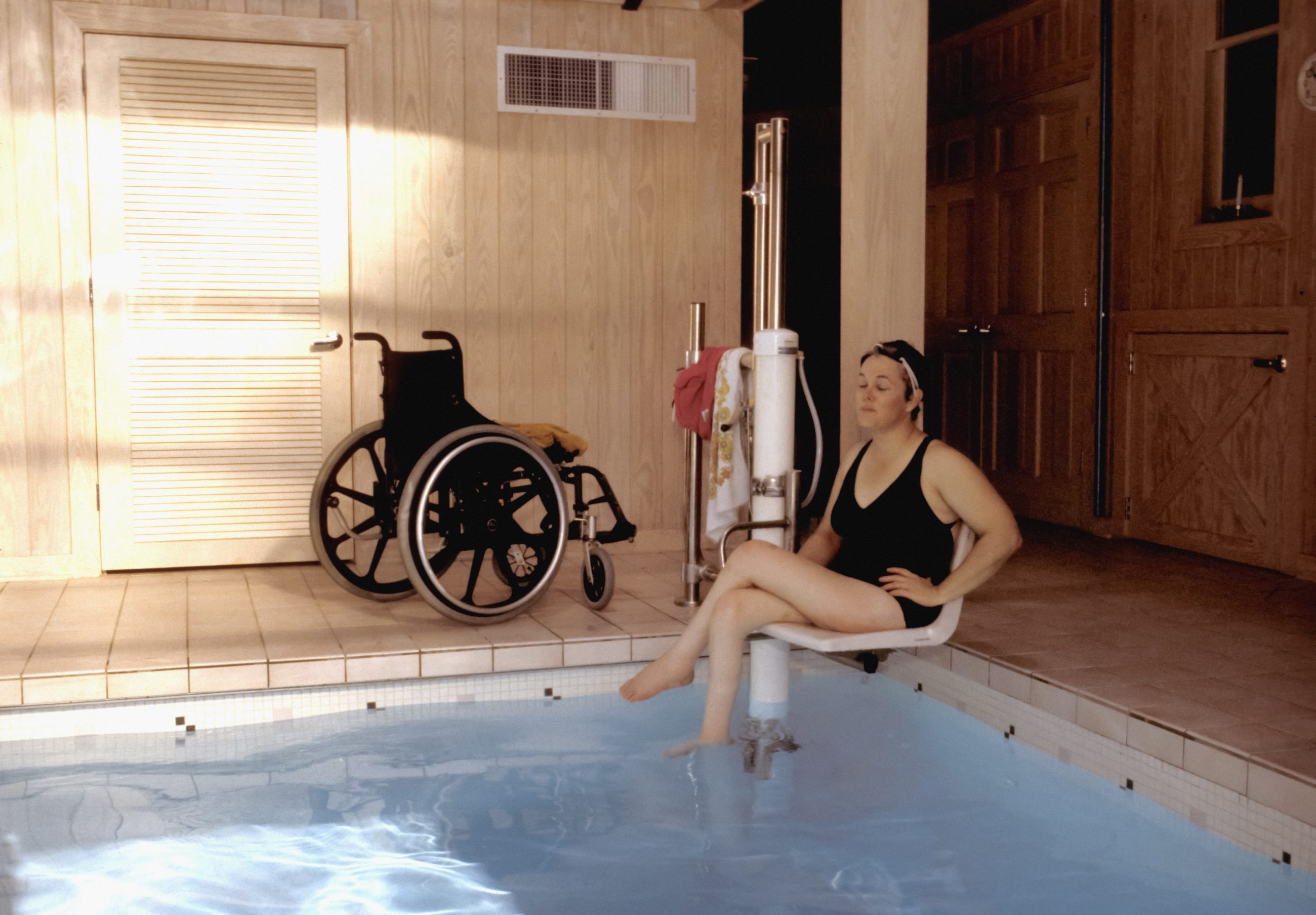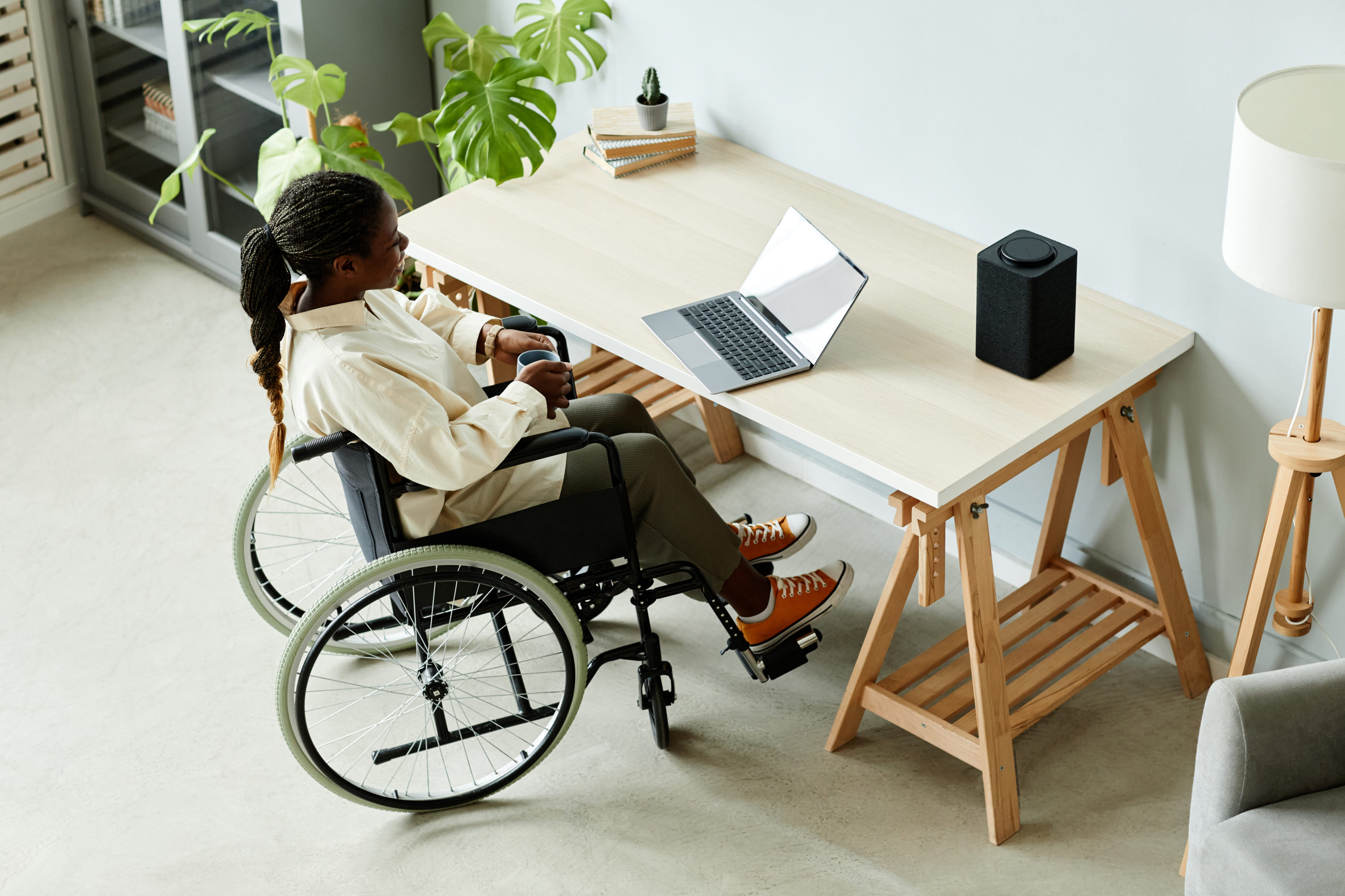Even some thirty years ago, no one could have imagined you could go on a video call over the internet to attend an online class. Or that you could do all of your homework at home, without having to go to a library, and hand it in without leaving your living room.
Studying from home is a huge leap in humankind’s approach to education. Yet, most schools decided not to stick to it. And there are some good reasons why.
While the internet allows you to order and pay someone to write my paper or find any piece of knowledge, studying online isn’t a full substitute for the university experience. Why? Let’s break down seven reasons why going to a university or a college in person beats studying online – especially if you’re a wheelchair user.
You’ll Get Yourself Exposed to Various Kinds of People
Your student years are the time to figure out who you are and what you want in life. And usually, this process gets jumpstarted when you expose yourself to various lifestyles, ideas, and belief systems.
That, in turn, happens when you meet people from all walks of life. At university, you’ll meet people from big cities and small towns, raised in a religious setting or atheist one, who are interested in painting, music, or sports.
Plus, the connections you make at university have all the potential to turn into life-long friendships. After all, you’ll have more chances to find people you click with – simply because a university welcomes students from all types of backgrounds, with different hobbies and skills.

You’ll Also Be Able to Create Your Network
Who you know matters when you start looking for a job. First, not all openings make it to job portals. Second, if someone can recommend you to the employer, it boosts your chances of landing the job. Third, advice from someone with more experience is invaluable when job hunting.
University is the best time to start building your network. The friends you make there may one day tip you off about an opening for your dream job. At the same time, teachers can see your potential now, help you grow it, and then recommend you to an employer.
Besides that, university life is full of career-focused events like job fairs. And, there’s a career center that can help you land internships or put you in touch with prospective employers. That’s something you won’t have if you stay at home!
This Is the Best Way to Get Ideas Flowing
Have you ever tried to brainstorm over Zoom? Tough, isn’t it? But collaboration is a crucial life (and career) skill. That’s why any undergraduate or graduate program has group projects in its curriculum.
If you want to learn to collaborate, staying home and studying online won’t ever help you do that. It’ll teach you to be independent and disciplined, yes, but not a great team player. It’s one of those skills you have to learn in person.
Apart from indirectly teaching you this soft skill, spending time with your fellow students means ideas will flow between you outside of class, too. Maybe while you hang out in a student union building, you’ll get an idea for a startup that’ll grow into a successful company later on!

Some Things Can Be Taught Only in Person
Think about playing the violin, for example. Sure, you can watch online tutorials and try to learn to play it yourself. But if there’s no one next to you watching your hand move, no one will correct your posture or movements to help you get better.
The same goes for plenty of undergraduate and graduate programs. Yes, taking philosophy or English literature classes online won’t be that different from in-person studying. But think about biology or biomedical studies – you’ll need to spend a lot of time in a lab experimenting.
Engineering, medical, graphic design – all of these programs (and more) would also require you to use special equipment that universities provide. So, without going to one, you simply might not be able to pursue the career of your dreams.
It’s Easier to Find Yourself a Mentor
Of course, a teacher’s job is to teach a class, first and foremost. But university staff are often open to helping motivated students outside of class, too. So, you can pick their brains or ask for their feedback to get better at whatever you’re studying.
Don’t underestimate the value of having a mentor. A mentor has the sort of specialized knowledge you can rarely find online. They can also provide you with constructive criticism and encourage you to move forward.
Plus, as a nice bonus, if you find a mentor among your teachers, they can become a valuable connection in your professional network later on. On top of that, they can also introduce you to their professional connections.
You Can Enjoy Activities Outside of Studying
Going to university isn’t only about studying (even though your parents probably try to convince you otherwise). It’s about going to extracurricular activities that interest you, hanging out with your new friends, and simply enjoying your student years.
When you study online, you don’t have that outside-the-class time. You don’t hang out with fellow learners, even virtually. You don’t have a wheelchair basketball team you can join or a volunteering opportunity that you’re passionate about.
Don’t worry: wheelchair-friendly universities aren’t called that only because they’ve put ramps and elevators everywhere. They earn this title by adapting their leisure, extracurricular, and volunteering activities to the needs of wheelchair users. You might not even have the variety of choices that some universities offer where you live now!

You’ll Learn to Live on Your Own
If you’ve just graduated high school, going to university will be the first time you’ll get to live without your parents nearby. That teaches you another crucial life skill: living independently and being autonomous.
It’s even more crucial for wheelchair users, as you may already understand yourself. You don’t want to be dependent on someone for the rest of your life, right? But don’t worry: wheelchair-friendly universities often have independent living programs that can teach you to be autonomous in your daily life.
But being autonomous doesn’t concern only doing your laundry and cooking your meals. You’ll have to deal with bureaucracy yourself, too, be it on campus or outside of it. You’ll also have to move around the campus and the town on your own.
In Conclusion
You might be anxious about the prospectы of going to university. Will you be able to be fully independent in your daily activities? Won’t you be limited in your studies, leisure, or extracurriculars? And most importantly, will you enjoy your time at a university?
Don’t worry: if you choose your school well, you’ll have all the infrastructure you may need to live independently and enjoy your student years.
Most universities and colleges that take inclusion seriously have:
- Personal care attendant programs;
- High campus accessibility rate (90%-100%);
- Wheelchair-friendly transportation;
- Adaptive gyms and sports classes or extracurriculars;
- Adapted labs and computer classes;
- Wheelchair repair and maintenance services, on- or off-campus;
- Wheelchair-friendly student housing.
Some schools also have physical therapists on-campus or can refer you to one outside of it.
Just make sure to do your homework on what this or that university has to offer to wheelchair users. Reach out to the on-campus ADA coordinator. Talk to current or former students who use a wheelchair. See what reports like Wheels on Campus say about the school’s accessibility. And then, don’t forget to choose the program that matches what you want the most!





